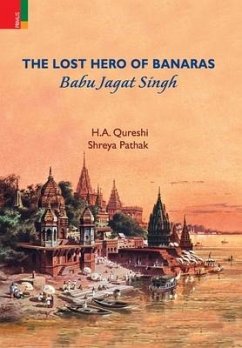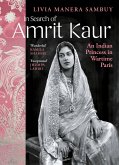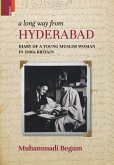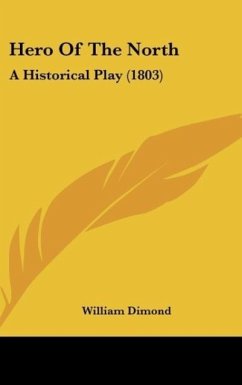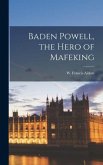The Lost Hero of Banaras: Babu Jagat Singh examines the life and legacy of Babu Jagat Singh, a scion of the royal family of Banaras and an instrumental figure in Indian history during the late eighteenth and early nineteenth centuries in India. Most historiographies of the period tend to think of 1857 as a watershed moment in India's struggle for independence. However, the present book-set during a period when the sovereignty of zamindars in north India was rapidly dwindling due to increasing colonial intervention-focuses on an armed anti-British struggle in Banaras in 1799, pioneered under the auspices of Jagat Singh. As a result, Jagat Singh was penalized with deportation to St. Helena. Contesting existing knowledge on the basis of primary evidence, this work shows that Babu Jagat Singh was also responsible for discovering the ancient site of the Dharmarajjika stupa at Sarnath, although the credit has been erroneously ascribed to Alexander Cunningham in colonial historiography.
Hinweis: Dieser Artikel kann nur an eine deutsche Lieferadresse ausgeliefert werden.
Hinweis: Dieser Artikel kann nur an eine deutsche Lieferadresse ausgeliefert werden.

